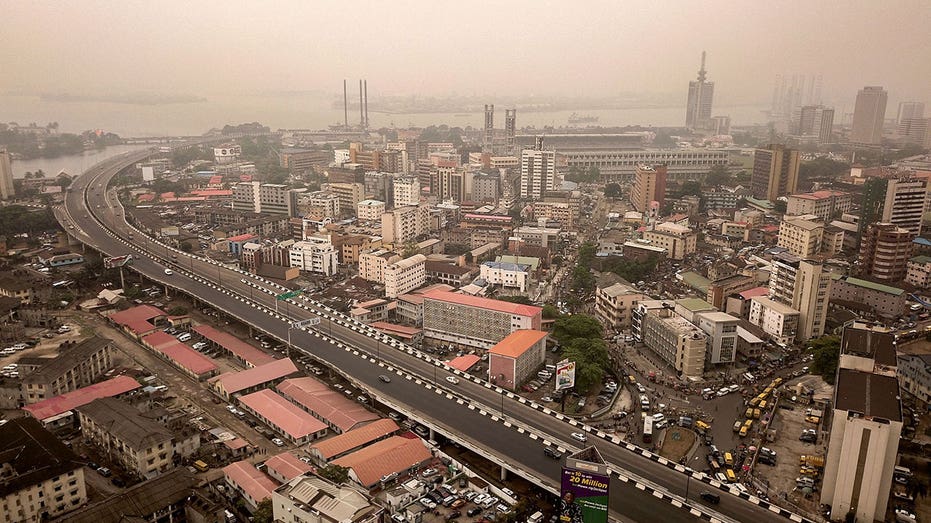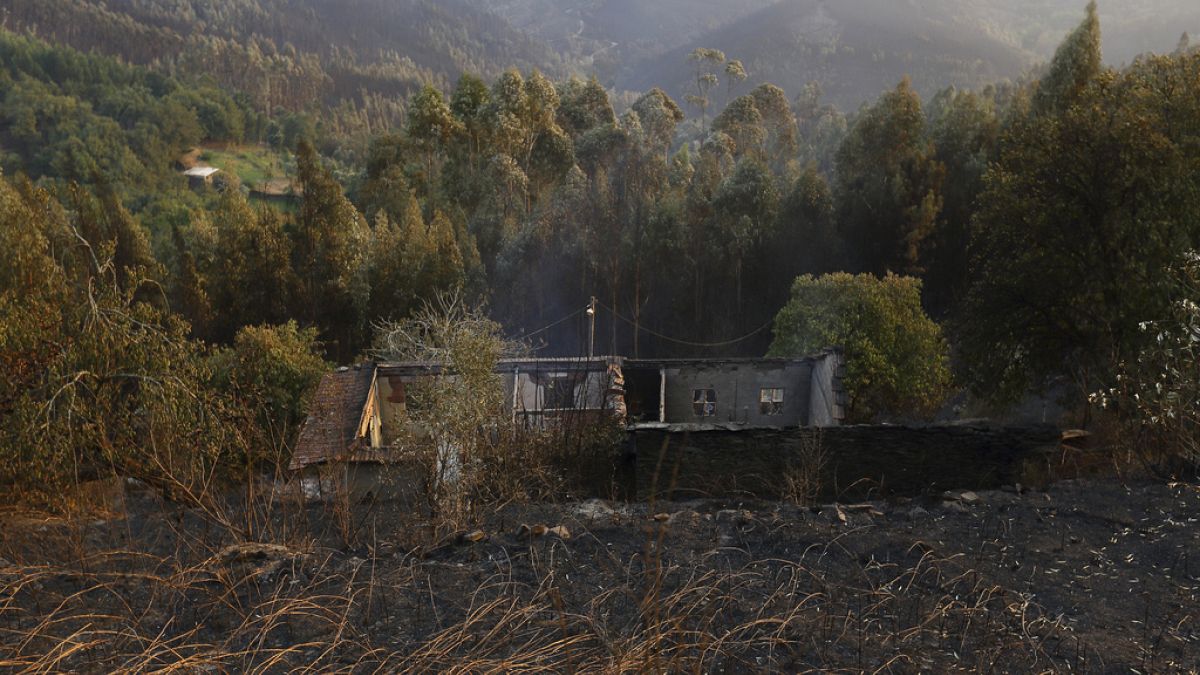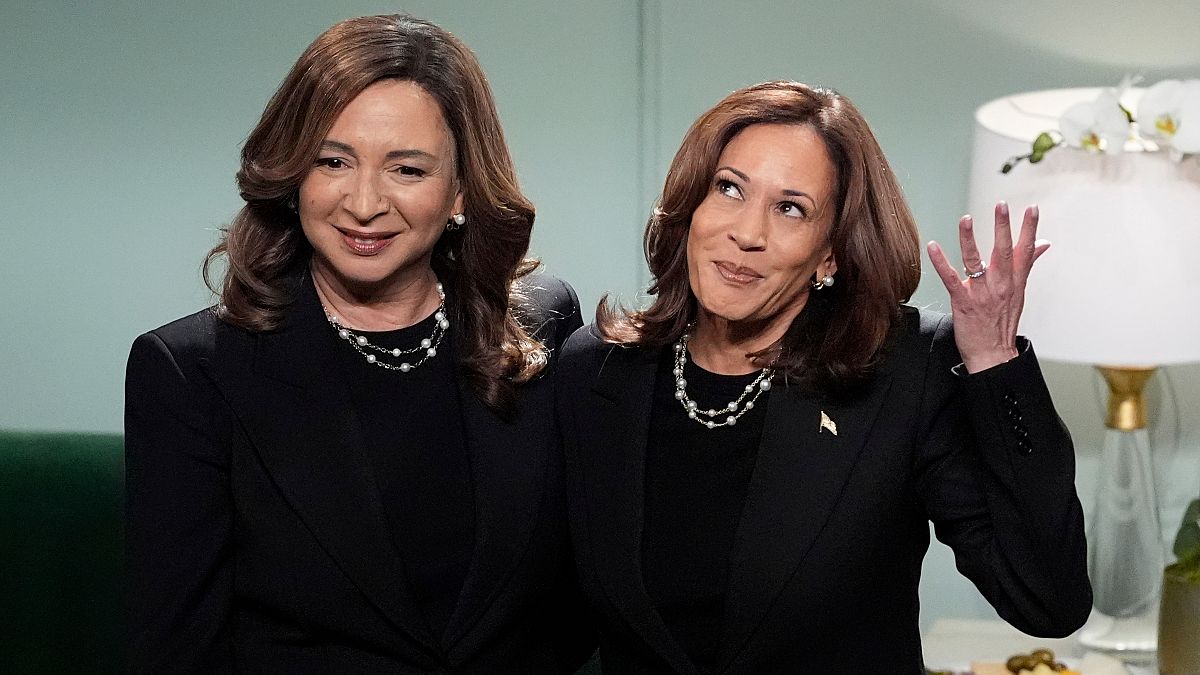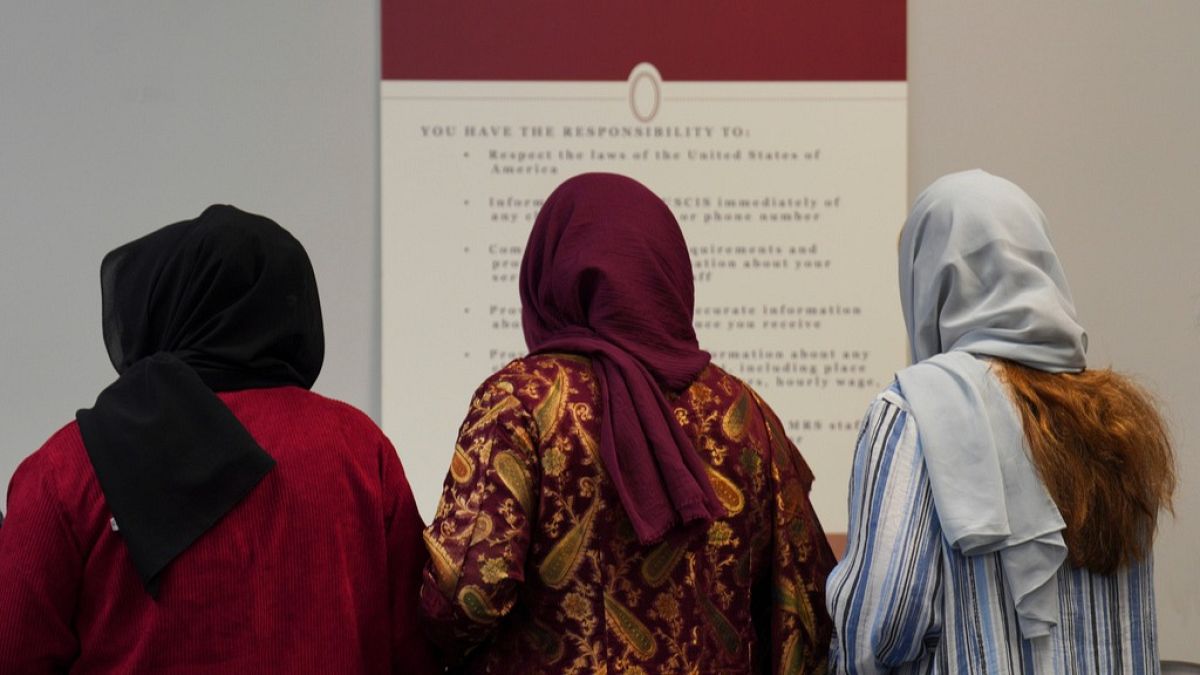Nigerian journalist's arrest sparks outcry over press freedom restrictions
Last week, Nigerian journalist Daniel Ojukwu was arrested in Lagos, triggering concerns about declining press freedoms in Nigeria. Nigeria ranks low in press freedom.

A Nigerian journalist’s arrest last week has triggered criticism of worsening press freedoms in the West African country.
Daniel Ojukwu with the Foundation for Investigative Journalism went missing last Wednesday in the economic hub of Lagos. His family and employer found out on Friday that he was detained and held in a police station for allegedly violating the country’s Cybercrime Act, often criticized as a tool for censorship.
The arrest of Ojukwu, who was later transferred to the Nigerian capital of Abuja, follows his report about alleged financial mismanagement of over $104,600 involving a senior government official, according to his employer, the foundation.
RUSSIAN JOURNALIST DETAINED FOR POSTS CRITICIZING THE MILITARY, LAWYER SAYS
Nigeria is ranked 112th out of 180 countries in the latest World Press Freedom Index by Reporters Without Borders. It is known for the country's tough environment for journalists who face frequent abductions, arrests and prosecution, usually after reporting on chronic corruption and bad governance plaguing the oil-rich country.
At least 25 journalists have been prosecuted under the country’s Cybercrime Act since it was introduced in 2015, according to the Committee to Protect Journalists. They include eight detained under President Bola Tinubu whose government, in power since May last year, touts itself as one encouraging press freedoms — a claim it repeated last week during World Press Freedom Day events.
The Cybercrime Act was amended this year to remove some harsh provisions but the police still use it to "silence journalists and critics," Amnesty International’s Nigeria office said.
Nigeria's law requires a suspect to be charged or released within 48 hours following arrest. Ojukwu, however, was not allowed any means of communication or access to a lawyer until his third day in custody, said Oke Ridwan, a human rights lawyer who met with the journalist at the police station where he was held.
Nigeria's Minister of Information Mohammed Idris Malagi told The Associated Press that he is making efforts to resolve the case and is "on top of the issue." Local and international civil society groups have condemned the detention.
It is a "symptom of a larger problem within Nigeria’s law enforcement agencies, and their relationship with politically exposed persons undermining democratic principles," a coalition of at least 30 civil society groups known as the Action Group on Protection of Civic Actors said in a statement on Monday.
"The Nigerian Police Force has veered off course from its duty to uphold law and order to become an oppressive tool in stifling dissent and independent journalism," it added.
What's Your Reaction?
















